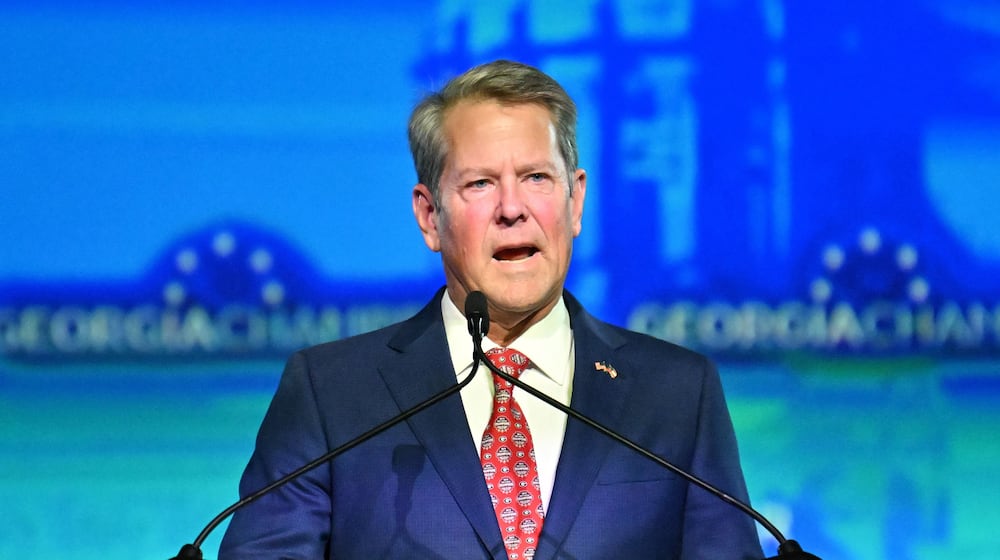Nearly a month after a federal judge declared Georgia's garnishment law unconstitutional, the judge is allowing some garnishments in Gwinnett County, where the case was filed.
Wage garnishments will now be permitted in the county, according to a Monday ruling by Judge Marvin H. Shoob.
Gwinnett’s clerk of courts still will not be able to process garnishments filed against individuals’ assets held in financial institutions, like banks.
The state law is flawed, the judge said last month, because the law doesn’t require creditors to tell debtors that some money they may have in their bank accounts — like Social Security benefits, welfare payments and workers’ compensation — is off limits to garnishments.
Further, when that money is wrongly taken from those accounts, the law doesn’t require creditors to tell people how to get it back. It doesn’t provide a timely procedure for determining whether funds should have been exempt.
Shoob’s original ruling stopped all garnishments in Gwinnett, even for continuing wage garnishments and non-exempt funds held in bank accounts. The county has not processed any since Sept. 8.
Several other counties have halted or altered their own processes, even though the order only affects Gwinnett.
Monday's order means that continuing wage garnishments can again proceed in the county. Garnishments from bank accounts remain stalled awaiting a fix from the state that notifies people what money is exempt and how to get it back if it is taken improperly.
The case stems from a lawsuit Tony Strickland filed after creditors wrongly seized his Social Security disability income and his workers' compensation settlement out of his bank account. His money was frozen for nearly four months. During that time, he said, he depended on his children to pay for groceries and medical expenses.
Strickland eventually got his money back, but Shoob wrote that debtors like Strickland “cannot be expected to find out how to claim what they do not even know exist.”
Gwinnett's clerk of court and the state attorney general had asked Shoob to reconsider his original ruling, which stopped all garnishments, saying that the case should not affect wage garnishments.
Shoob said because Strickland’s case didn’t deal with wage garnishments — only those from a bank account — and because the exceptions for wage garnishments are different from account garnishments, wage garnishments should be able to proceed.
Still, he said the ruling did not mean the state’s wage garnishment procedures were constitutional — just that wage garnishments weren’t addressed in the case.
The court “expresses no opinion” on the constitutionality of wage garnishments, he wrote.
Attorney General Sam Olens has also asked the judge to reconsider whether the garnishment process is flawed at all. Shoob has not yet ruled on that request.
About the Author




